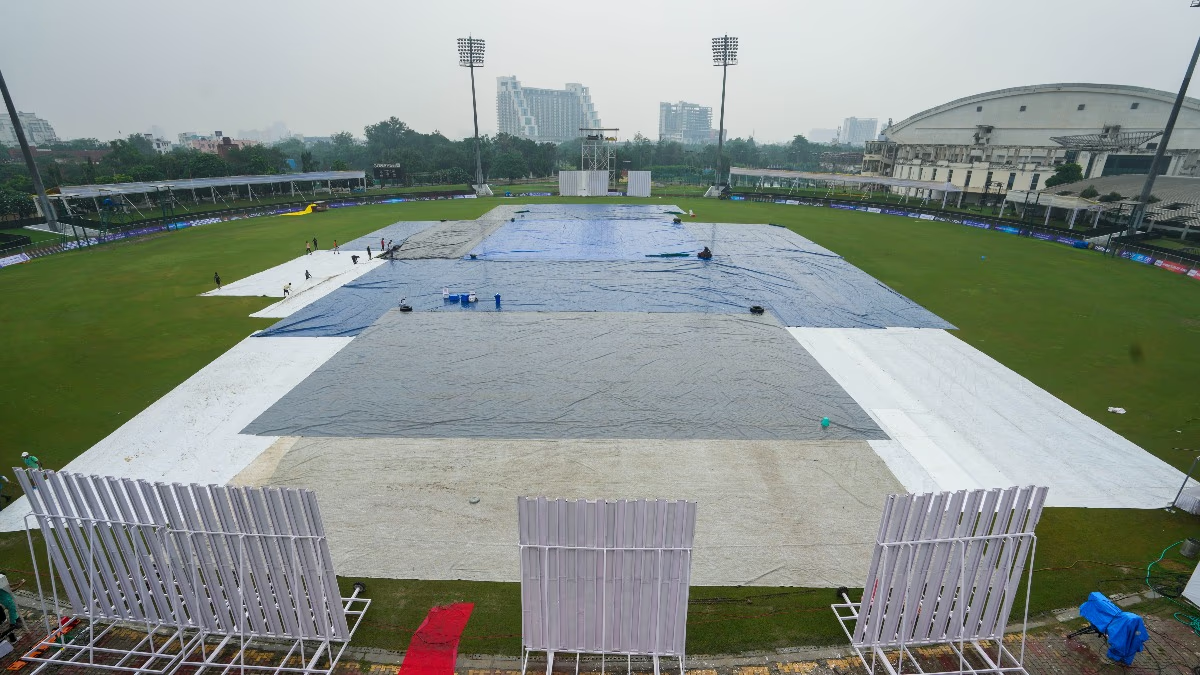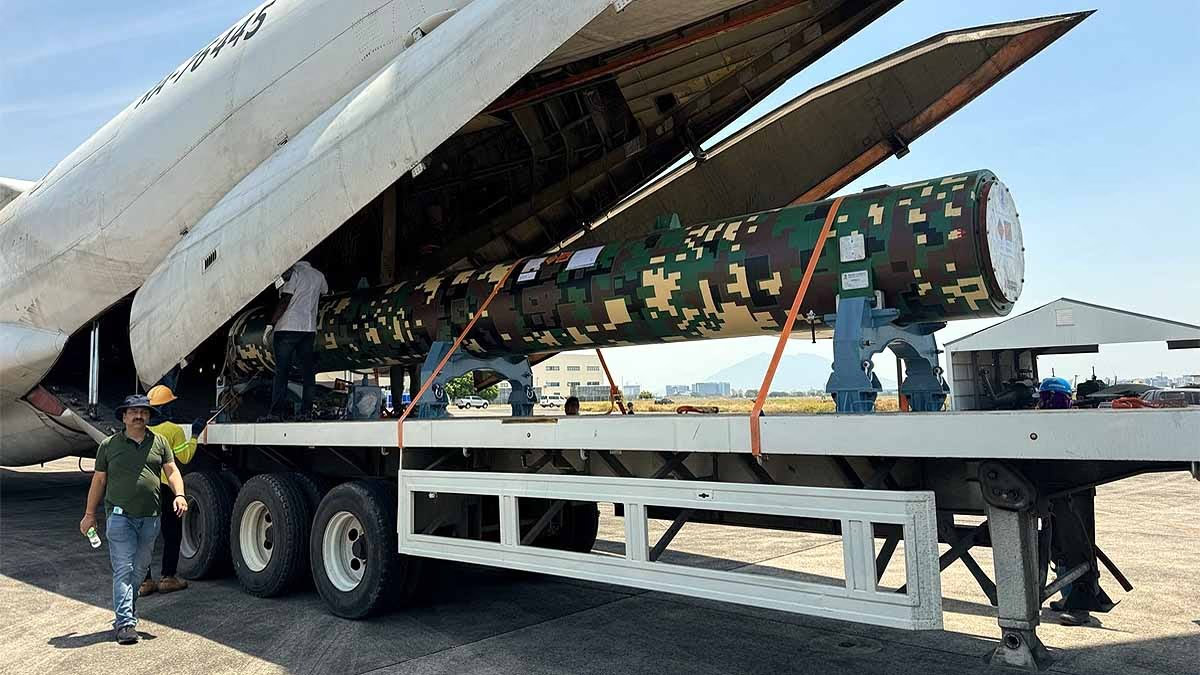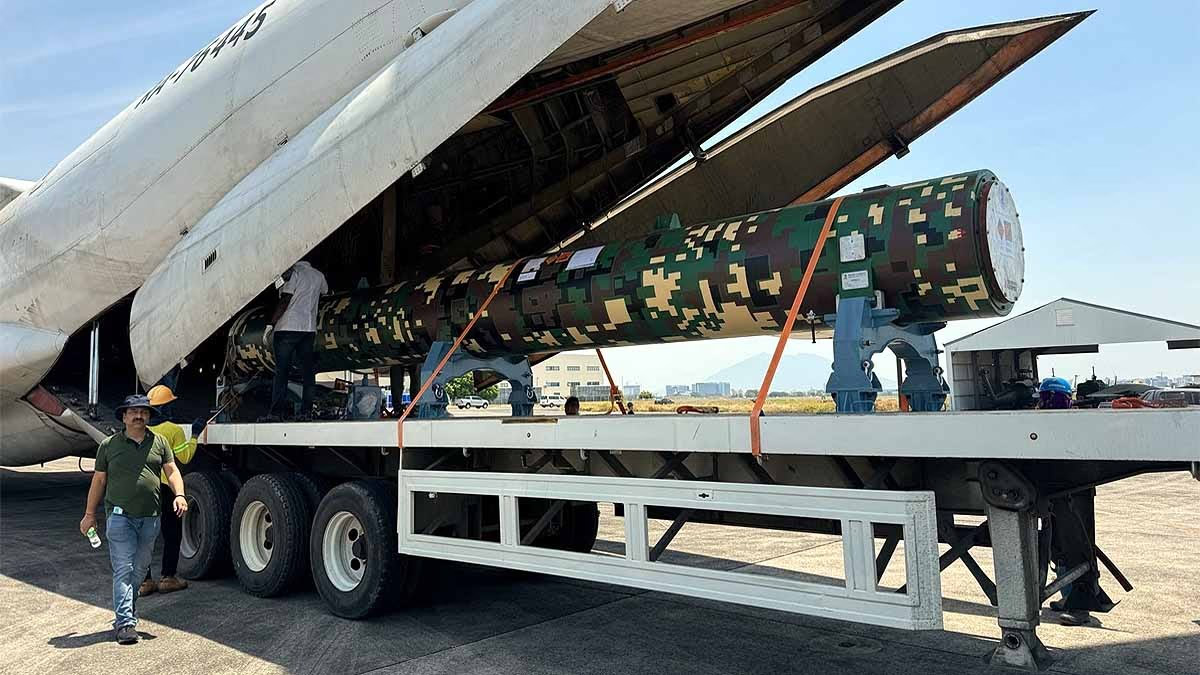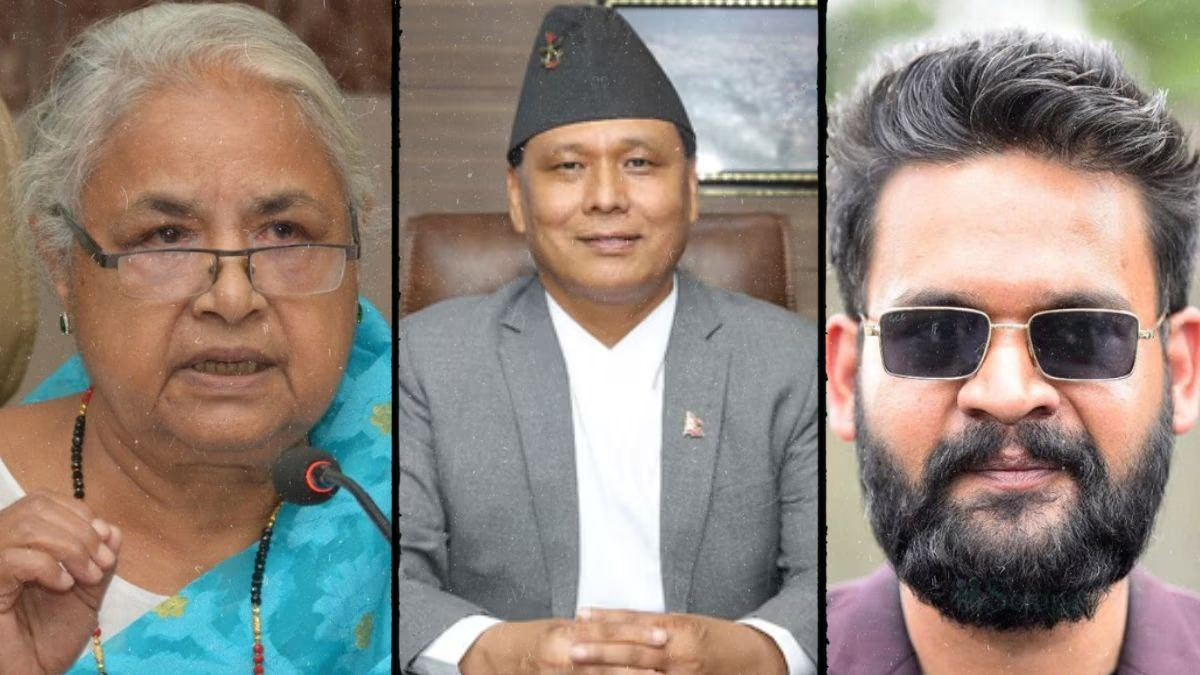The third day (Wednesday) of the only Test match between Afghanistan and New Zealand was canceled due to heavy rain. In the Shaheed Vijay Singh Pathik Sports Complex stadium in Greater Noida, the first two days were also abandoned without a single ball being bowled due to a wet outfield, raising serious concerns about the venue's preparation. Given the weather, match officials ruled out any possibility of play on Wednesday.
In India, three instances have occurred where no ball was bowled in the first three days: Delhi (1986), Chennai (2005), and Greater Noida (2024).
After continuous delays in starting the Test match between Afghanistan and New Zealand, the future of the Shaheed Vijay Singh Pathik Sports Complex stadium in Greater Noida heavily depends on the report by match referee Javagal Srinath. Usually, such shortcomings are attributed to the Board of Control for Cricket in India (BCCI), but this time the entire responsibility lies with the host Afghanistan Cricket Board. Here’s how...
The BCCI had offered the Afghanistan Cricket Board alternatives such as M. Chinnaswamy Stadium in Bengaluru and Green Park Stadium in Kanpur, but the Afghanistan Cricket Board chose this venue due to its familiarity for their players and lower costs. The board selected this venue due to its proximity to both Delhi and Kabul.
The BCCI plays no role in this Test match. This venue was entirely the Afghanistan Cricket Board's choice, and the Greater Noida Authority was supposed to provide international standard facilities. According to sources, the BCCI has not hosted any of its domestic matches here since the Vijay Hazare Trophy in 2019. Given the substandard conditions, the likelihood of hosting any future matches here is almost nil.
What’s next for the Greater Noida stadium?
The International Cricket Council (ICC) will follow its standard protocol for any international venue, where the match referee's report will determine the future course of action. No ball has been bowled yet in this Test match. Referee Srinath will have to assess the wet outfield, which lacks proper drainage like other international venues. The stadium also lacks sufficient covers to protect the outfield from rain and super soppers to soak up water. The lack of adequately trained ground staff has further compounded the issues at this venue.
As per the ICC ‘Pitch and Outfield Monitoring Process’ applicable from November 2023, after each match, the match referee (in this case, Srinath) sends the ‘Pitch and Outfield Report’ form to the manager of ICC's Senior Cricket Operations. The form includes comments from the match referee, umpires, and captains of both teams. It will be interesting to see what kind of response New Zealand captain Tim Southee gives.
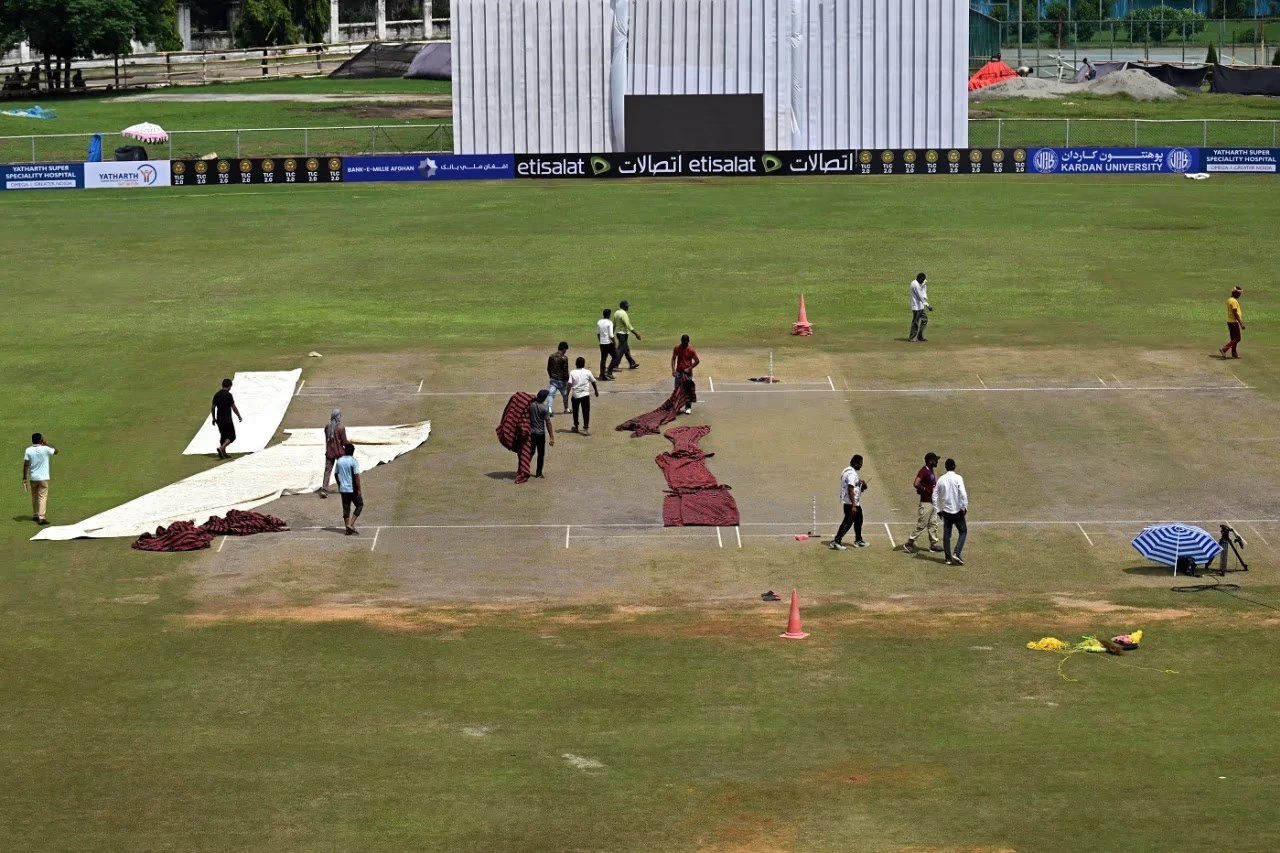
Source: aajtak
Within 14 days of receiving this report, the ICC's Senior Cricket Operations Manager sends it to the host board along with the demerit points assigned to the stadium. According to ICC regulations, if the match referee rates the pitch and/or outfield as unsatisfactory or unfit, demerit points are assigned to the venue according to the guidelines on pitch ratings. These demerit points remain effective for five years.
What happened in the first two days of the Test match?
With the entire day washed out due to a wet outfield, the ground staff dug two to three feet near mid-on. They tried to lay dry soil and artificial grass in the affected area, but it wasn't ready.
It was shocking that the entire outfield was unsuitable for international cricket as it was filled with mud. According to information received by Aaj Tak, the ground staff consists of 20-25 members, with 15 outsourced. The field has five super sopers: two automatic and three manual. Even the covers and fans were rented from a tent house.
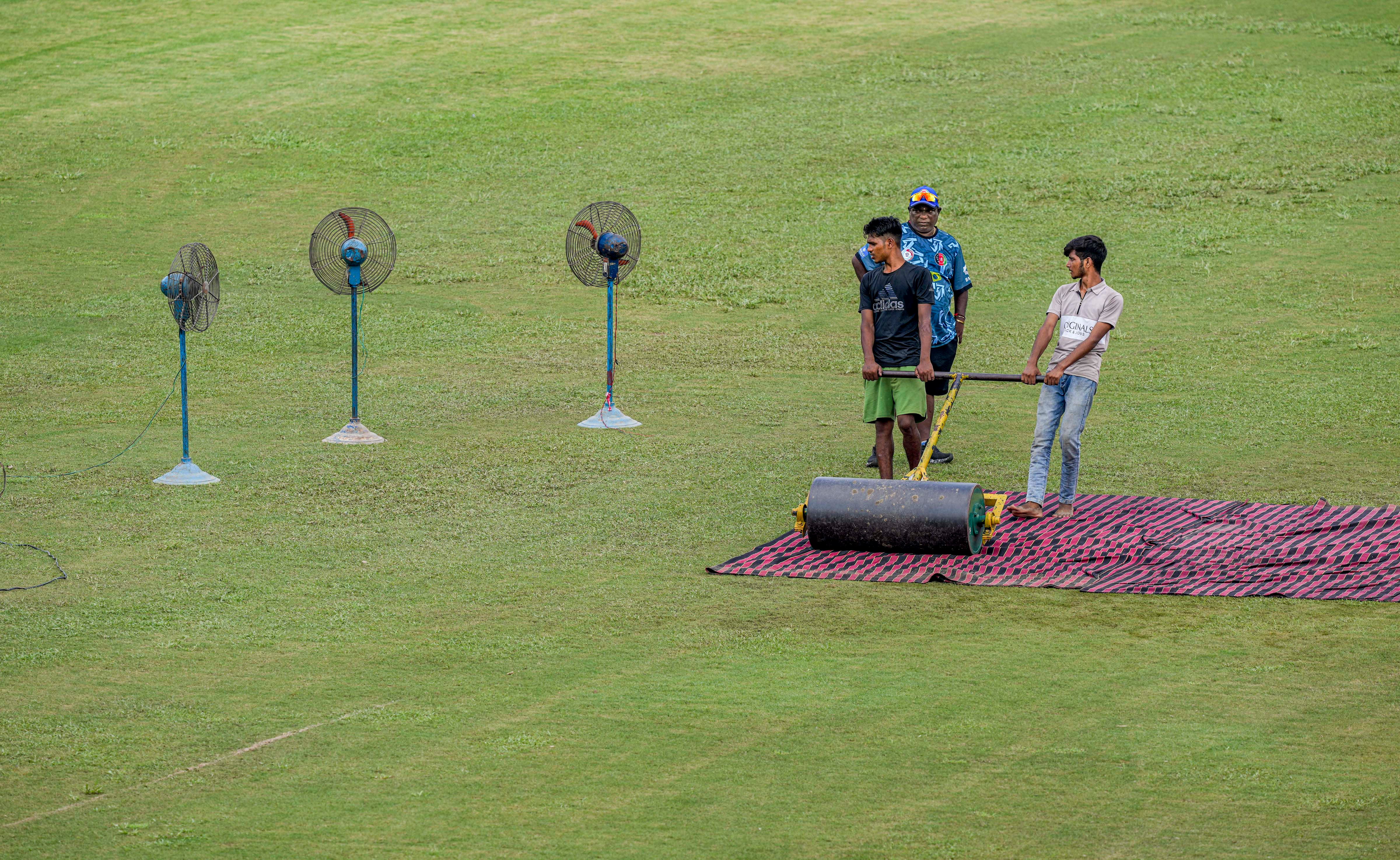
Source: aajtak
The ground staff used table fans to dry the field. The lack of modern facilities extended beyond the field, affecting off-field operations as well. There was a shortage of drinking water, electricity supply, and even female restrooms.
The Greater Noida Test match is not part of the WTC...
Although this Test is not part of the World Test Championship (WTC), it is affiliated with the ICC. The stadium, operated by the Greater Noida Industrial Development Authority, hosted a pink-ball Duleep Trophy match in 2016. However, due to match-fixing during corporate matches, the BCCI banned it in September 2017. Since then, no BCCI-affiliated match has been held here. The stadium previously served as a home ground for Afghanistan. However, it does not fall under the Uttar Pradesh Cricket Association.
